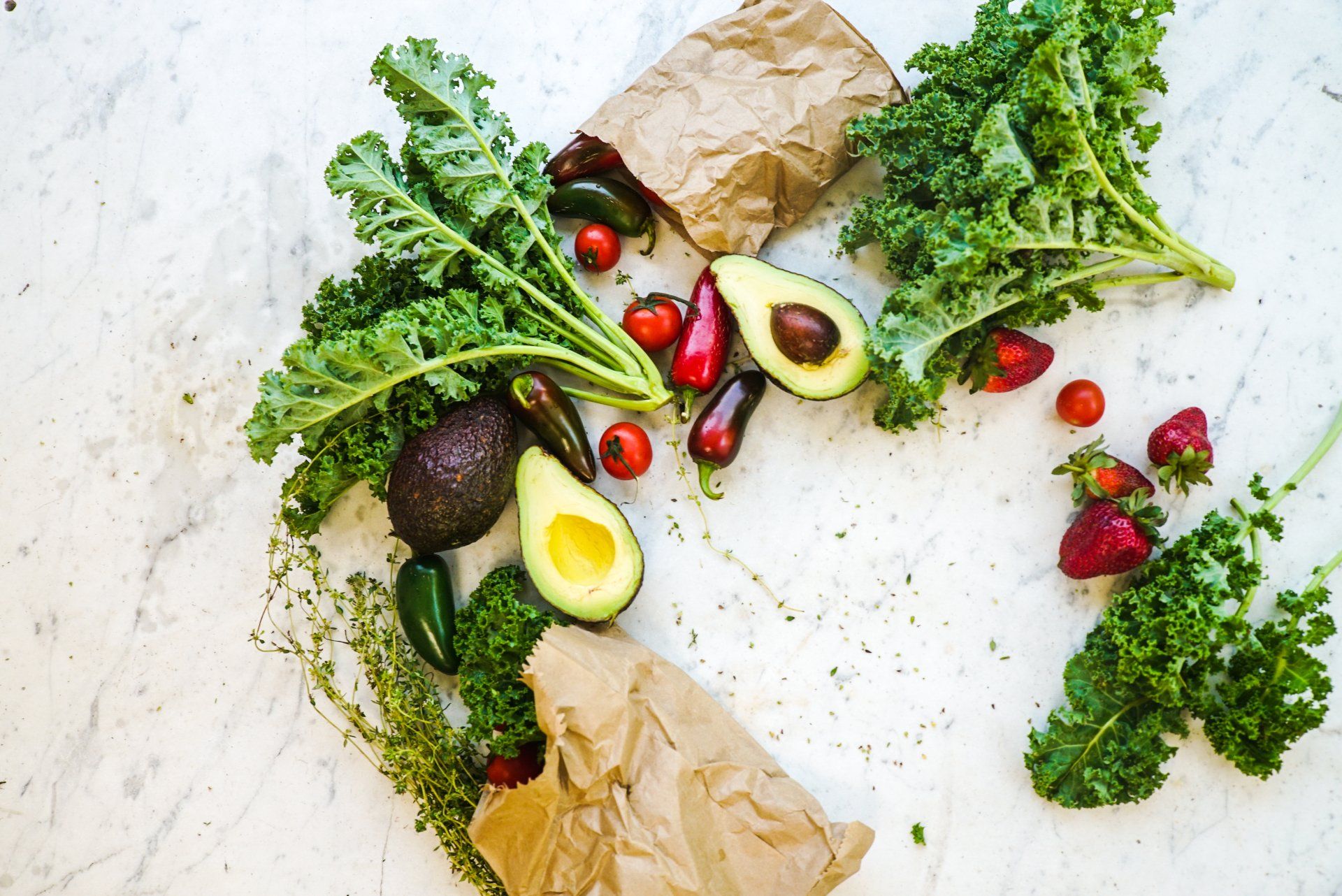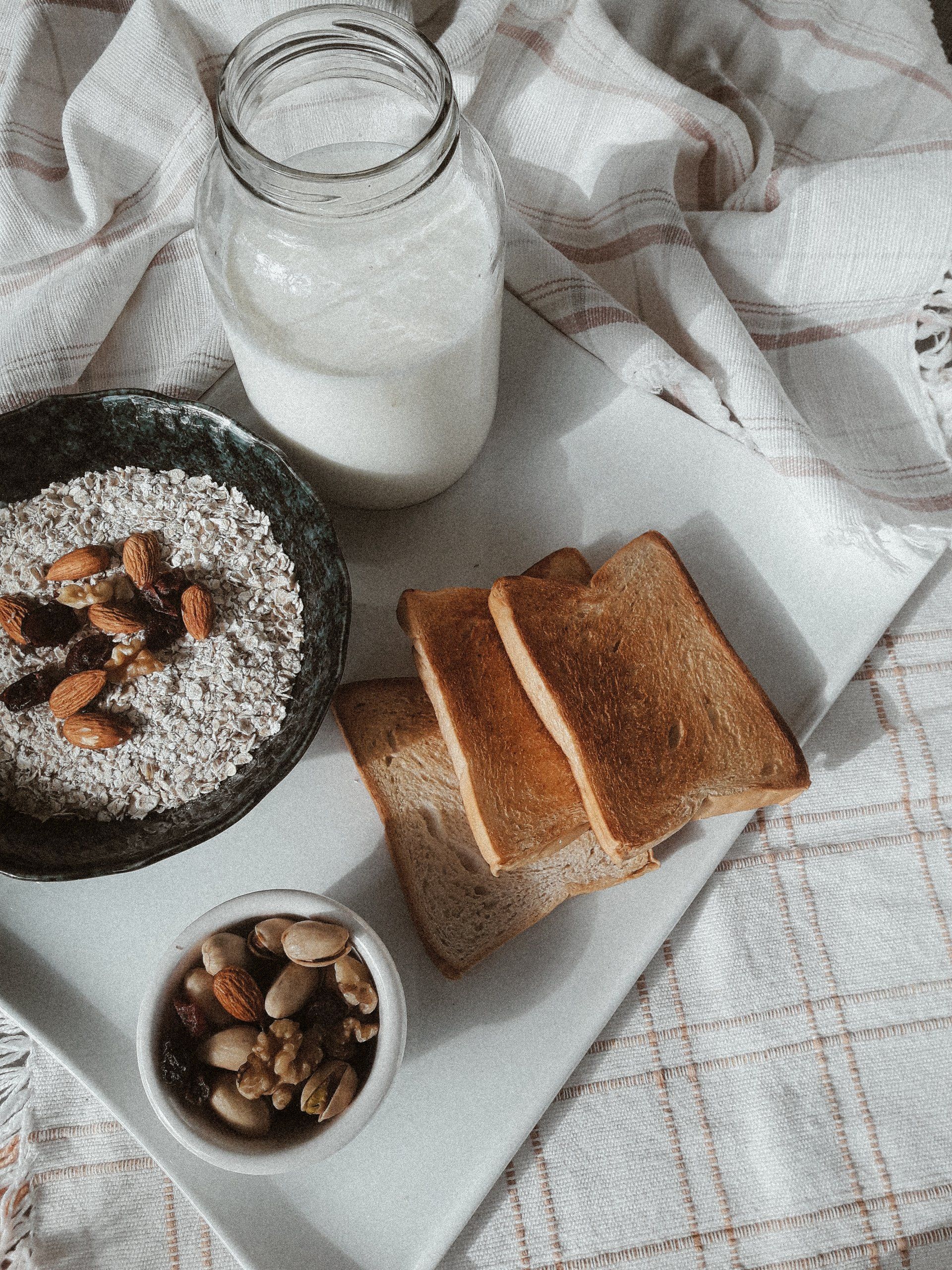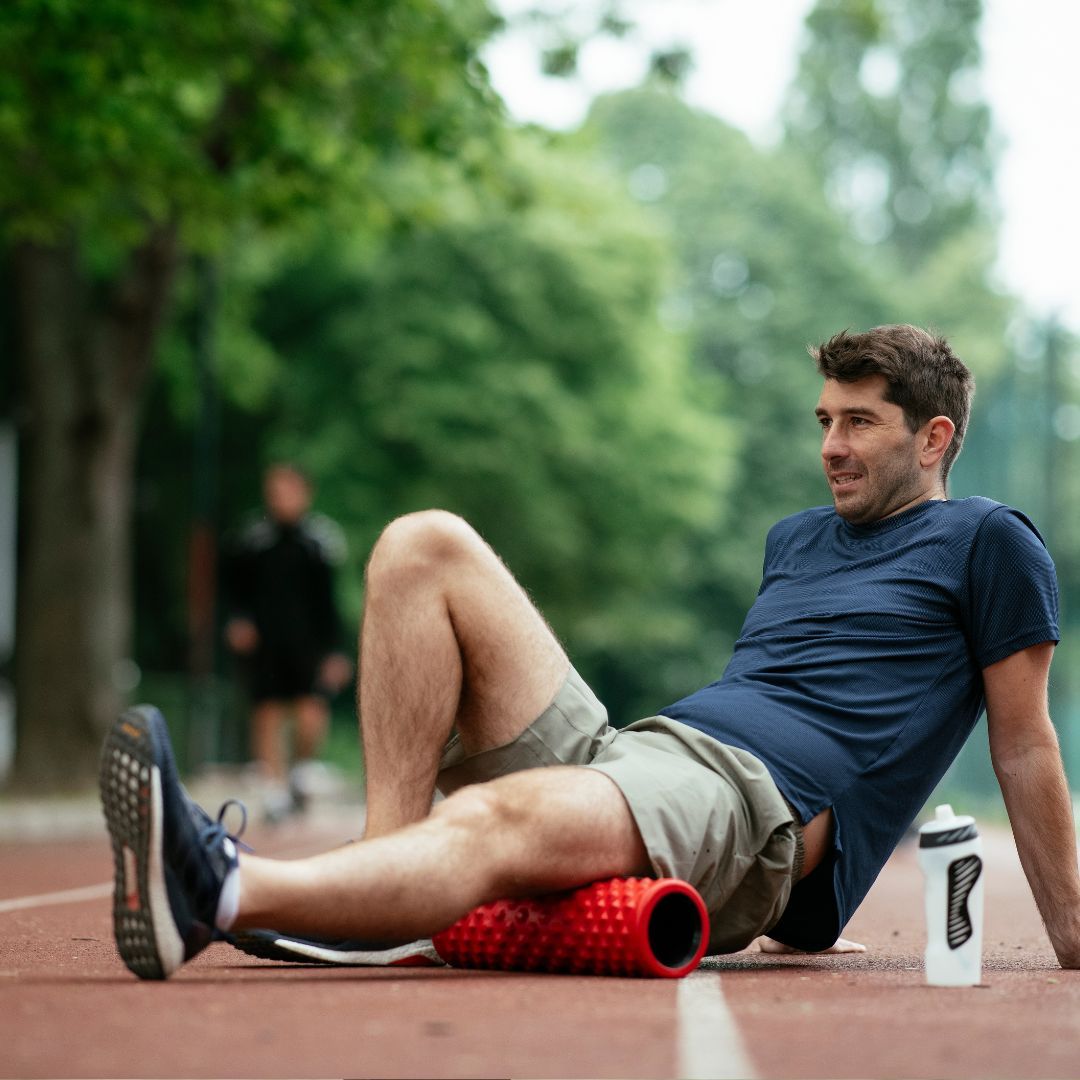Post-Run Nutrition
Boost your post-run recovery!

Post-run recovery is a complex process that involves more than just stretching or resting. Here’s everything you need to know about science-backed post-run techniques to help you with exercise recovery.
Eating after a run is important because the food you eat helps your body repair muscle damage, build up muscle, and replenish energy stores. While the duration and intensity of everyone's runs will differ and these differences will determine the exact recovery needs, there are still some basics that apply to everyone. The three main goals of post-workout nutrition are to replenish glycogen stores, repair damaged muscles, and rehydrate.
Here’s what to eat after a workout, according to science.
Carbohydrates
Carbohydrates are one of the most important macronutrients when it comes to exercise performance. They are stored primarily within the muscles and liver and help to maintain blood glucose and replace muscle glycogen, especially when consumed post-workout.
Studies have found that the 30-minute window after exercise is important for refueling and replenishing glycogen stores. Since there is increased blood flow and insulin sensitivity during this time, it’s recommended for athletes to consume 1.0-1.5 g of carbohydrates per kg of body weight. It’s also suggested that a high dose of carbs (8 - 10 g/kg of body weight/day) may further stimulate muscle glycogen resynthesis during this 30-minute window.
While carbs are important for energy, they are not all created equal. Both can be used for post-workout nutrition, but it’s important to know the difference between them.
- Simple carbohydrates are used in the body as quick energy, and are naturally found in dairy products and fruits, as well as added to foods in the form of refined sugars.
- Complex carbohydrates are more slowly digested, provide a steady supply of energy, offer vitamins, minerals, and fiber, and can help reduce the risk of certain chronic diseases. Some dietary sources include whole grains, legumes, and starchy vegetables.
Protein
Protein is a major key in post-workout nutrition, as it has been shown to ease soreness, speed up recovery, help repair muscles, and stimulate post-workout muscle protein synthesis. Furthermore, studies have shown eating protein after a workout may maximise muscle repair and optimise strength.
For building and maintaining muscle mass, studies show that 1.4–2.0 g protein/kg body weight/day is sufficient for active adults and athletes; however, nutrition experts state that 20 g of protein (or up to 0.4 g/kg of body weight) is sufficient for post-workout nutrition.
Interestingly, studies show that having a carb-to-protein ratio of 3 - 4:1 may further enhance glycogen resynthesis.
Some dietary sources of protein include poultry (chicken and turkey), red meat (beef and lamb), fish, dairy, legumes, eggs, and tofu.
Fat
Fat is the primary fuel for light to moderate-intensity exercise and provides energy for muscles during endurance exercise. While it’s an important macronutrient, it’s not always necessary to include this as part of your post-workout nutrition plan.
However, you can pair some nutritious dietary fat sources (such as nuts, seeds, fatty fish, avocado, and extra-virgin olive oil) with a carb and protein source to further round out your recovery meal.
Hydration
Hydration plays an important role in performance, injury prevention, and recovery for athletes. While water is important, you can also rehydrate with a sports drink, since this will have essential electrolytes (sodium, potassium, chloride, calcium, phosphate, and magnesium) to replenish those lost through sweat.
THE TIMING OF YOUR POST-WORKOUT MEAL MATTERS
Nutrient timing is an important part of post-workout recovery, as it uses the timing of the energy intake and the ratio of certain macronutrients to best enhance recovery and muscle growth.
Studies show that eating a mixture of carbohydrates and protein within 4 hours after a workout can lead to significant recovery, improved athletic performance, and have an impact on muscle glycogen recovery.
Here are some post-workout meal ideas that you may want to consider:
- Brown rice and boneless skinless chicken breast.
- Vegetable egg scramble with toast.
- Nut or seed butter on toast.
- Fruit smoothie with nonfat Greek yogurt or another tolerated dairy, nut butter, some water, and ice.
- Whole grain wrap with avocado, lean meat, and greens.
What to avoid when recovering from a run.
Rehydrating with the wrong beverages
Hydration is a vital component of post-workout nutrition but drinking the wrong types of beverages can negatively affect recovery.
For instance, sports drinks often contain electrolytes, but many of these products contain high amounts of added sugar, which can worsen symptoms of dehydration. Similarly, drinking alcohol after a workout can promote dehydration, which can hinder recovery.
To ensure you stay hydrated, drink water, and choose sports drinks that have limited amounts of added sugar.
Not getting enough sleep
Sleep is important for all aspects of health, especially when it comes to recovery. Experts claim that it is impossible to perform, recover, and grow without adequate sleep. Furthermore, sleep plays a role in stress management, nutrition, hormone regulation, and decision-making.
Aim to get between 7-9 hours of sleep each night for a boost in your overall health, performance, and recovery.
Forgoing the cooldown period
Cooling down after a run is one of the most important parts of an exercise routine, as this time allows for the heart rate to slow and blood pressure to return to normal. If you skip this step in your workout routine, it may theoretically increase the risk of injury during a subsequent training session.
To help avoid this, spend 10-15 minutes cooling down after each workout.
Summary
Post-workout recovery is a complex process that involves more than just stretching or sitting on the couch. Energy intake and certain recovery techniques are key when it comes to boosting performance and minimising the risk of injury. As a sports nutritionist, I work with clients to ensure they eat the right nutrition at the right time to feel their best and take care of their bodies.











